A Grammar Lesson with a Twist: A Treasure Hunt with Lucky, Based on the CTE Original Series My Name Is Lucky
Mia Tarau
This blog post is a continuation of the series on teaching grammar with a twist, started by Mike Rabbidge (see the post here: https://chasingtimeenglish.com/posts/2025/3/5/grammar-with-a-twist-fun-ways-to-teach-the-rules-and-break-them) and further discussed by Jono Ryan (see the post here: https://chasingtimeenglish.com/posts/2025/3/11/more-grammar-with-a-twist).
I took the process of gamifying grammar as my inspiration and added a second twist, creating a lesson based on Episode 4 of the original Chasing Time English series My Name is Lucky. The series follows the adventures of Lucky, a young international student learning English in New Zealand, with all the excitement and heartbreak that can happen along the way. Below is the lesson plan to help your students ‘play’ grammar while helping Lucky on her journey.
ESL Grammar Lesson: Treasure Hunt with Lucky
Objective: Students will practice verb tenses (past, present, and future) and modal verbs through an interactive treasure hunt based on the Episode 4 script of My Name Is Lucky.
Materials Needed:
· Printed copies of the episode 4 script (or excerpts)
· Clue cards with grammar exercises, leading to ‘secret’ locations and the ultimate TREASURE – a big prize
· Smaller prizes to mark significant milestones in the treasure hunt (i.e. You have now completed 25% of the challenge! -optional)
· Map or classroom/school layout for the clues
Lesson Plan:
· 1. Warm-Up Watch and Discuss (10 minutes)
Students watch the episode and then engage with the script. Ask students:
· How do you think Lucky feels in the script?
· What do you think will happen next?
· Have you ever felt like Lucky? How did you handle it?
Introduce the lesson: "Today, we’re going on a treasure hunt to help Lucky find the right words to move forward!"
2. Grammar Introduction (10 minutes)
Briefly explain:
· Past Tense: Actions completed (e.g., Lucky nodded.)
· Present Tense: Actions happening now (e.g., Francis is talking to Lucky.)
· Future Tense: Actions that will happen (e.g., Lucky will make a decision.)
· Modal Verbs: Express possibility, necessity, or ability (e.g., Lucky must decide where to go.)
3. Treasure Hunt Activity (20-25 minutes)
Plant clues around the classroom/school/classroom floor and give students the map of the hunt which shows these numbered locations that show different imagined versions of Lucky’s journey. Divide the class into small groups. Each group will follow a different set of clues that will lead them to these locations in the classroom (or school). Each location includes a grammar challenge; groups must complete each activity before moving on to their next number/location/clue on the map.
Example clues:
Clue 1: "Find where Lucky packed her suitcase. Change this sentence to past tense: 'Lucky (pack) her suitcase quickly.' (On the map, show the location of this clue. Students go to the location and solve the clue. Answer: Lucky packed her suitcase quickly.)
Clue 2: "Go where someone showed they cared. Fill in the blank with the correct modal verb: 'Francis _______ be worried about Lucky.'" (Answer: must)
Clue 3: "Find the place where Lucky made a choice. Rewrite this sentence in future tense: 'Lucky walks away from the city.'" (Answer: Lucky will walk away from the city.)
The final clue leads each group to a small "treasure" - a note from the teacher saying, "You’ve completed the challenge!". Students then return to the classroom with the solved clues to review their answers with the teacher. The group with the highest number of ‘correct’ answers wins the BIG PRIZE, but teachers could also prepare a collection of smaller prizes for everyone who participated.
4. Wrap-Up Discussion (10 minutes)
· Ask students how grammar helped them understand Lucky’s journey.
· Encourage students to reflect on their own study challenges and how words help us express our emotions.
Extension Activity:
Have students write an alternative ending for Lucky’s story using different verb tenses.
If you try this, let us know how it went!
